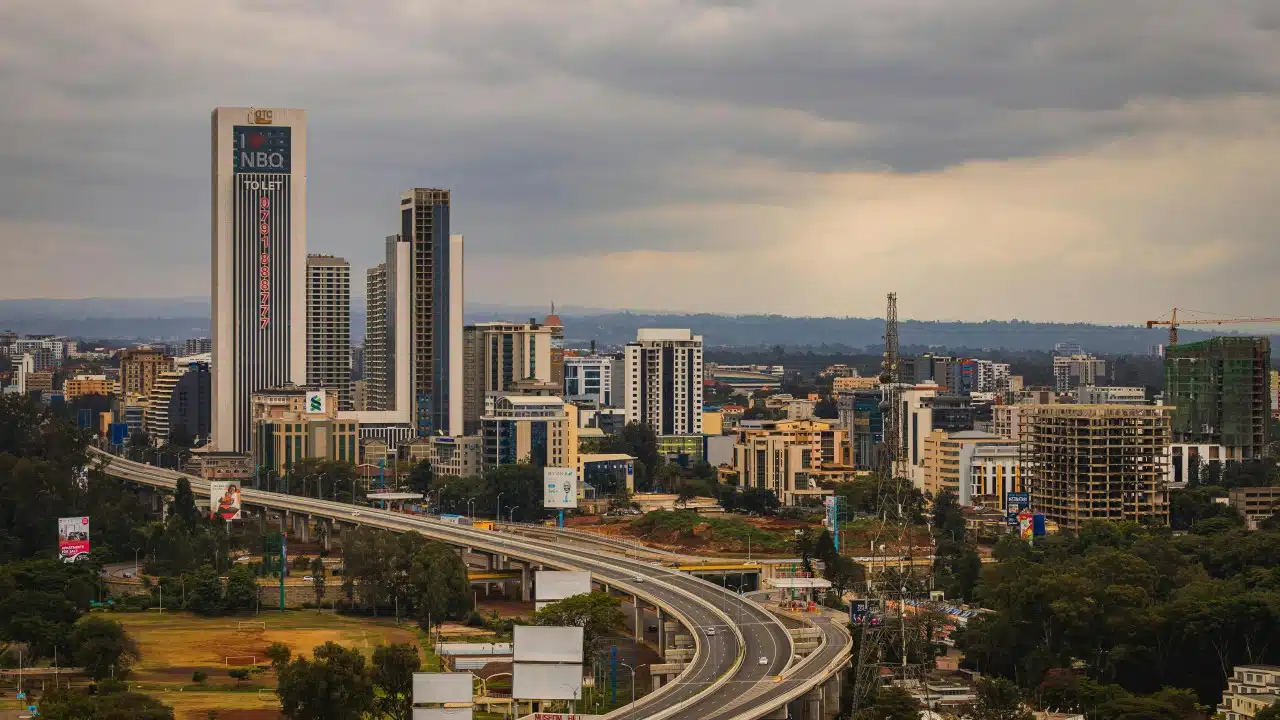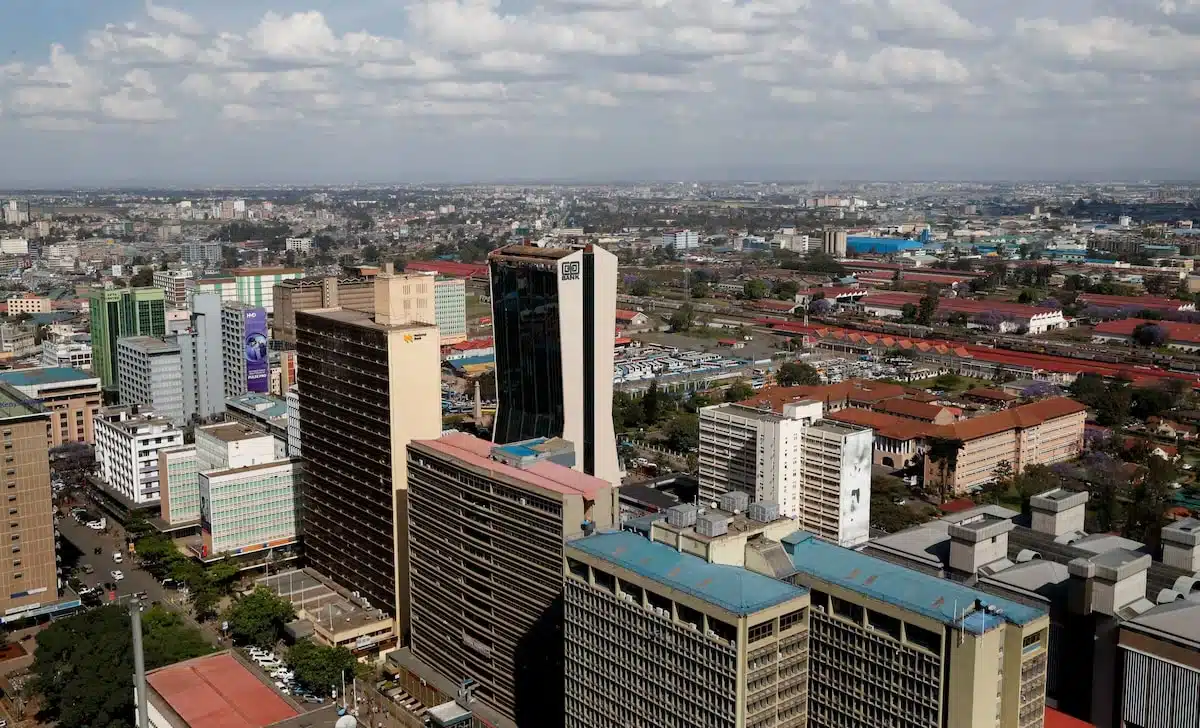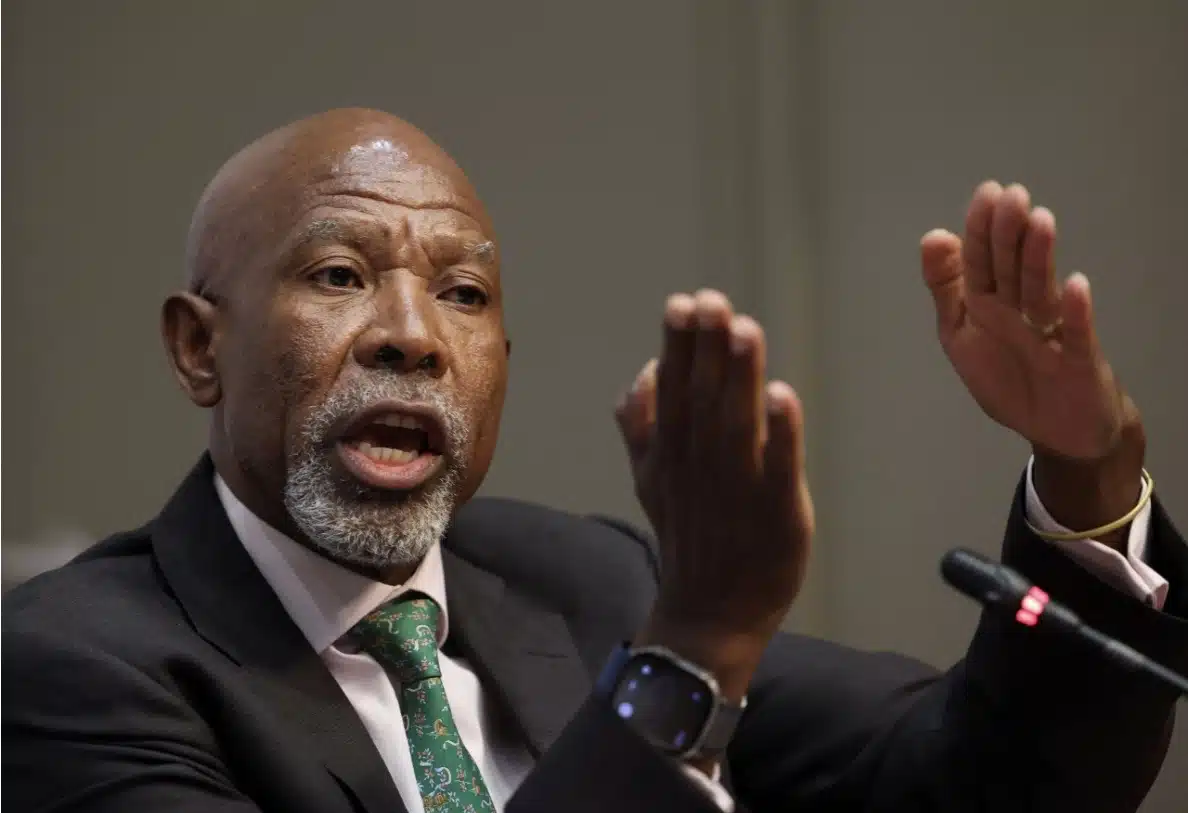Nigeria’s latest pension reform, which permits foreign-currency contributions from Nigerians abroad and expatriates working in the country, could channel up to $600 million into private equity, according to a new report by Stears, an African market intelligence firm.
Introduced by the National Pension Commission (PenCom) in September, the reform allows Nigerians in the diaspora and foreign employees in Nigeria to contribute to the pension system in foreign currencies such as the dollar, euro, or pound.
The initiative establishes Foreign Currency-Denominated Retirement Savings Accounts (FCY-RSAs), enabling contributors to receive retirement benefits in the same currency—either through lump-sum payments or programmed withdrawals.
It also expands coverage to groups previously excluded under the Pension Reform Act (PRA) of 2014, including Nigerians working for foreign employers abroad and staff of international organisations in Nigeria.
The reform further empowers Pension Fund Administrators (PFAs) to invest foreign-currency pension assets in private equity, infrastructure, and other alternative investments.
“Nigeria’s recent pension reforms are the most significant in a decade and could finally bring PFAs closer to private equity,” the Stears report said. “PFAs can now allocate 15% of Fund I and 10% of Fund II to PE funds, up from 10% and 5%, respectively.”
Stears noted that alongside ongoing recapitalisation—creating fewer but stronger PFAs—the system is now better positioned to invest in long-term, illiquid assets.
“Our analysis suggests the reforms could unlock as much as $600 million in new PE capital if PFAs move toward their new limits. But whether that happens depends on execution and whether Nigeria’s pension industry can overcome its risk-averse instincts,” the report added.
So far, PFAs remain cautious. Private equity investments currently account for just 1.06% of total pension Assets Under Management (AUM), highlighting limited appetite for high-risk asset classes.
Private capital activity rebounds in Africa
Stears’s data also shows that private capital activity in Africa rose in the third quarter of 2025, with 177 transactions—up from 147 in Q2—and total disclosed deal value climbing 60% to $5 billion from $3 billion in the previous quarter.
Despite this regional uptick, Nigeria’s deal landscape remains subdued. According to DealMakers Africa, the country recorded the continent’s highest deal value in H1 at $956.7 million, but that figure marked a steep 66.9% year-on-year decline, underscoring ongoing investor caution amid currency volatility, power shortages, and policy uncertainty.
As of Q1, Nigeria’s pension industry managed assets worth approximately ₦23.3 trillion ($16.4 billion)—equivalent to 6.4% of nominal GDP in 2024—under the Contributory Pension Scheme (CPS), which serves as the main retirement savings platform for formal-sector workers.
The CPS currently covers 10.6 million registered contributors, representing just 9.4% of Nigeria’s 113 million working-age population—a modest but expanding base for long-term capital mobilisation.
Since its establishment in 2004 and amendment in 2014, Nigeria’s pension framework has evolved from a fragmented, underfunded public system to a unified, privately managed scheme with strong regulatory oversight.
The PRA mandates a combined monthly contribution of 18% of an employee’s salary—10% from employers and 8% from employees—into Retirement Savings Accounts (RSAs) managed by licensed PFAs.
“In recent years, Nigeria’s private equity general partners (GPs) have increasingly eyed the country’s growing pool of pension assets as a sustainable source of local limited partner (LP) capital,” Stears said, noting that key industry stakeholders have long advocated for regulatory pathways that encourage greater exposure to private equity and other alternative assets.
“On paper, it appears to be a win-win: GPs gain access to long-term, local LPs that can help de-risk naira-denominated strategies, while PFAs can diversify portfolios and enhance returns through successful private equity exposure,” Stears added.
If effectively implemented, the foreign-currency pension framework could deepen Nigeria’s domestic investment ecosystem, attract diaspora participation, and boost dollar liquidity for long-term infrastructure and private-sector projects.
For private equity managers, it may represent a turning point—one that aligns Nigeria’s pension capital with high-growth opportunities in Africa’s most populous nation.










